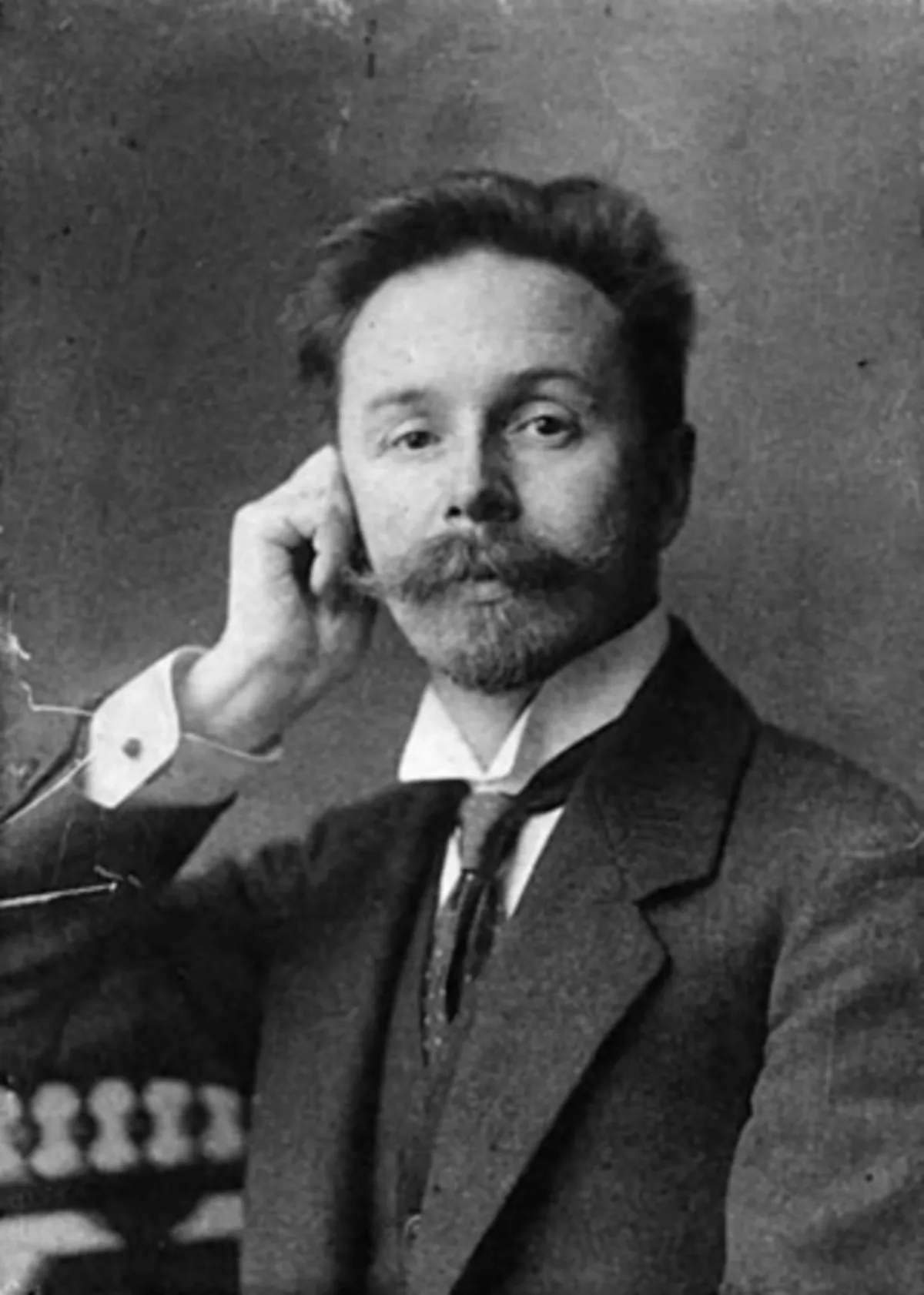 1.
1. Later, and independently of his influential contemporary Arnold Schoenberg, Alexander Scriabin developed a much more dissonant musical language that had transcended usual tonality but was not atonal, which accorded with his personal brand of metaphysics.